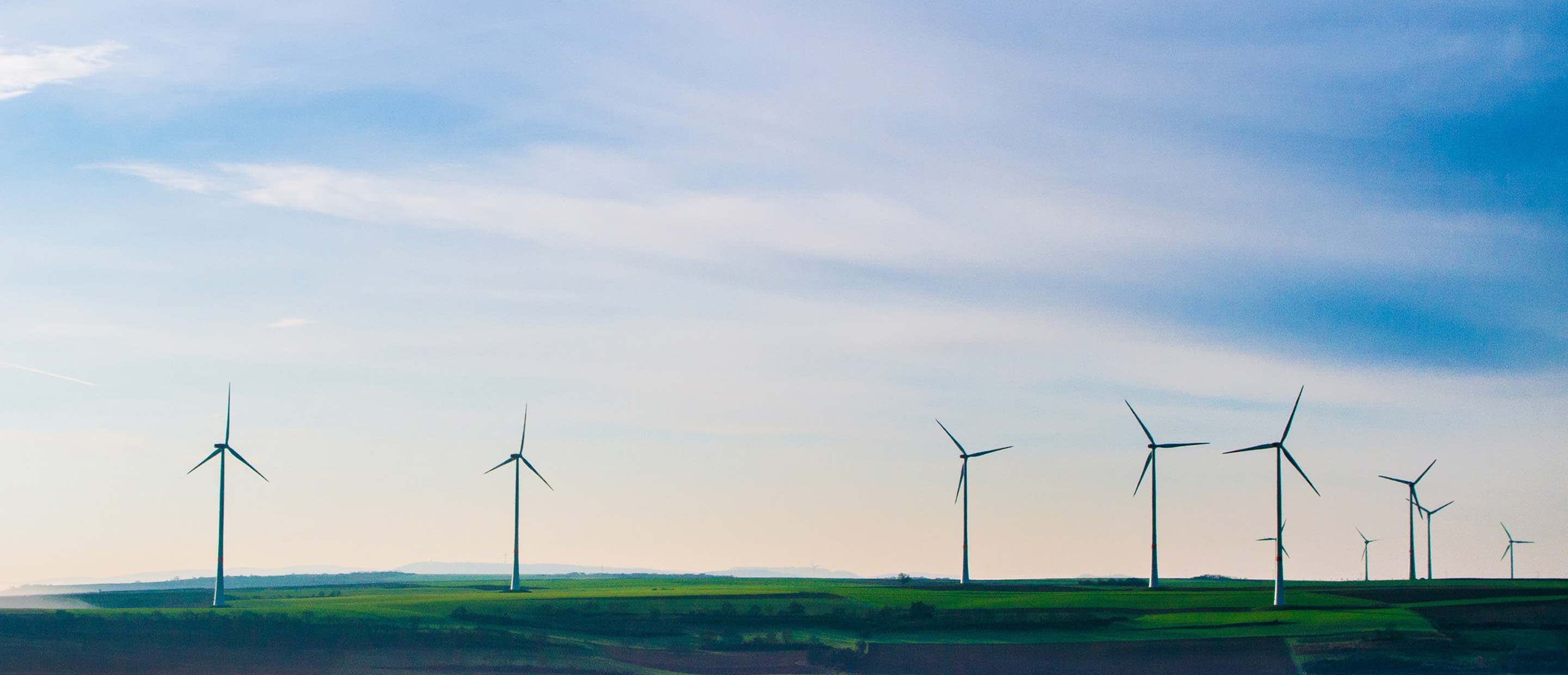
What is the "E" in ESG?
The "E" in ESG stands for "environmental", and refers to the impact that a company has on the natural world
Environmentally responsible investing
The environment factor in ESG investing reflects the impact of a company’s operations on the natural world. This includes any resources it uses, such as water and land, and anything it produces, such as pollution and waste, as well as its effects on oceans and wilderness areas.
- Investors cannot afford to ignore environmental damage from an ethical or financial perspective
- The most critical risks we face include rising global temperatures, extreme weather events, water shortages, degradation of soil, and loss of biodiversity on land and in the oceans
- Repairing the damage is a vast challenge, but one that will present huge opportunities
Why must investors care about the environment?
There was a time when environmental damage was tolerated as a side-effect of economic growth. Today, that is no longer true. Almost everybody recognises that long-term damage to our planet poses an immense danger to the human race.
Natural assets stemming from ecosystems have enormous and irreplaceable value. Out of these natural assets (such as air, soil and water) and actions (such as purification of water through the water cycle or the pollination of crops by insects), humans derive ecosystem services that deliver regenerative returns and make human life possible. Regenerative returns are estimated to be worth around $125 trillion to $140 trillion a year – more than 1.5 times conventionally-measured global GDP.
Consequently, it is more important than ever to focus on natural capital and the ecosystems attached to it. The impact of human activities on this directly drive the triple crisis that our planet faces: pollution, biodiversity loss and climate change.
The knowledge that there is a trade-off beyond rampant growth and sustainability predates the industrial age. However, the scale of the problems created by the modern economy began to enter public consciousness in the 1960s, helped by books such as Rachel Carson’s Silent Spring (1968), which documented the impact of synthetic pesticides on wildlife in the US.
In the same year, the Club of Rome – a gathering of politicians, officials, scientists, business people and economists – was launched to raise awareness of the challenges of economic and population growth in a world of finite resources. Its first report, "The Limits to Growth" (1972), attracted global attention. In the same year, the United Nations (UN) conference in Stockholm was the first time that the gathering of world leaders discussed the trade-offs and challenges of making economic growth sustainable.
The cost of the climate crisis
Awareness that carbon dioxide emissions, caused by more than a century of global industrialisation, were starting to raise the temperature of the planet led to the Earth Summit in Rio De Janeiro in 1993, where leaders discussed plans to protect the environment. This was followed by the Kyoto Protocol on greenhouse gas emissions in 1997 and the Paris Agreement on climate change mitigation in 2015.
Needless to say, while awareness of our growing environmental crisis has increased enormously, none of the actions that have been taken so far are sufficient to head off many of the crises we are facing. Indeed, the scale of the problems is growing.
A decade ago, Deutsche Bank’s assessment of the greatest risks the world faced were mostly economic or financial: asset price collapses, a retreat from globalisation, surging oil prices, and fiscal crises. Today, most are related one way or another to the environment: the failure to act on climate change, the loss of biodiversity, extreme weather events and water shortages.
Environmentally responsible investing
In 2018, a group of 420 investors representing $32 trillion in assets issued the “Global Investor Statement to Governments on Climate Change”. This called for world governments to take more action to meet goals for greenhouse gas reductions under the Paris Agreement and to accelerate private-sector investment into the transition to a low-carbon economy.
Investors have also called for improved standards on climate-related financial reporting, following the recommendation of the Financial Stability Board’s Task Force on Climate-related Financial Disclosures (TFCD). But while climate change is the greatest single threat we face, it would be a mistake to assume that the challenge of environmentally responsible investing begins and ends there.
The launch of the Taskforce on Nature-related Financial Disclosures in 2021 is intended to encourage a broader view of nature-related risks. This reflects the fact that biodiversity loss is interconnected with climate change, but focusing on it solely through the lens of climate ignores other very large and immediate risks.
The TNFD proposes to provide a framework to "report and act on evolving nature-related risks, to support a shift in global financial flows away from nature-negative outcomes and toward nature-positive outcomes". The final framework, which is planned for 2023, aims to complement the TCFD framework and should enable companies and financial institutions to report a fuller picture of their environmental risks.
Find out more about how we can help and the ESG investing services we offer in your region.


